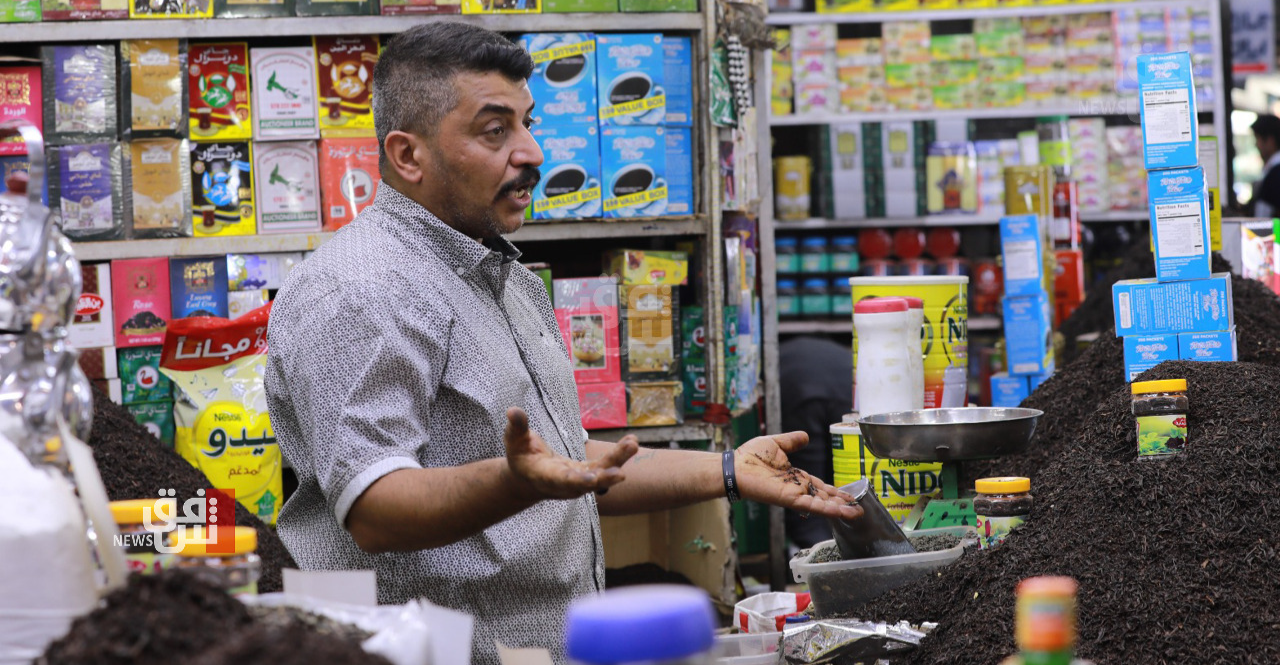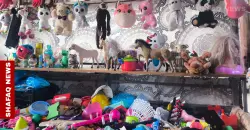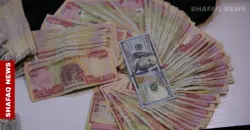Sales slump across Iraq: Deeper slowdown imminent

Shafaq News – Baghdad
Sales across Iraqi markets have fallen by more than half, the Baghdad Chamber of Commerce reported, attributing the decline to weakening construction, investment, and consumer spending.
Chamber spokesperson Rashid al-Saadi revealed to Shafaq News that real estate activity has nearly ground to a halt, pulling down sectors such as transportation, building materials, and daily labor—essential pillars of local commerce. Currency exchange offices have also seen a drop in transactions, a trend linked to the dinar’s appreciation against the US dollar.
He credited the currency’s strength to joint measures by the Central Bank of Iraq and international partners, including the US Federal Reserve. Yet the shrinking gap between official and parallel exchange rates has curbed travel and reduced market liquidity, further slowing activity.
Economist Ahmed Abedrabbo described the current phase as one of clear economic contraction, driven by eroding purchasing power, limited public expenditure, and lingering inflationary pressures. Although inflation was measured at just 2.2% in the first quarter of 2025, demand remains weak—particularly in non-essential sectors.
“Without swift policy action, this stagnation risks sliding into a deeper recession,” Abedrabbo told Shafaq News, urging structural reforms, targeted incentives, and better fiscal coordination to revive growth.
Researcher Ahmed Eid pointed to long-standing systemic flaws—including delayed budgets, inefficient planning, and persistent political interference—as key factors fueling the crisis. “Corruption and weak institutions have bled public funds and stalled investment,” he said.
Eid also warned that Iraq’s heavy dependence on consumption, in the absence of strong domestic production, leaves the economy highly vulnerable to external shocks.
Offering a monetary perspective, economist Safwan Qusay acknowledged ongoing pressures but emphasized that Iraq still holds over $97B in reserves, enabling the Central Bank to stabilize the exchange rate and support trade.
"State-backed housing projects have sustained demand for construction materials and created job opportunities, while Central Bank initiatives continue to assist small businesses and local industry," he added.
Despite global inflationary trends, Qusay argued that Iraq’s ration card system, food subsidies, and a stable dinar have helped shield domestic prices from broader economic turbulence. "Still, long-term resilience hinges on boosting non-oil revenues, cutting gas flaring, and accelerating investment in power and industry to secure economic self-reliance."





